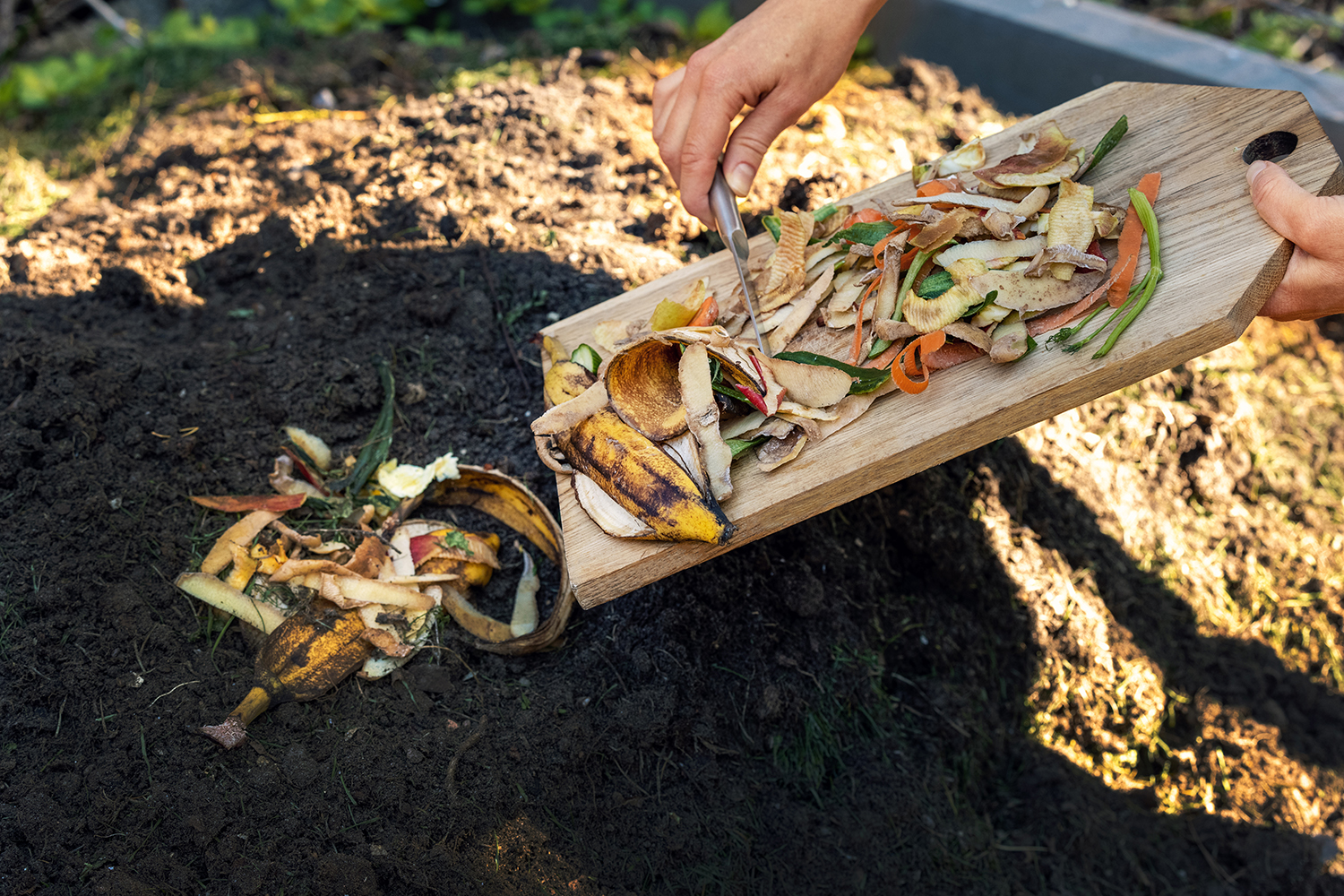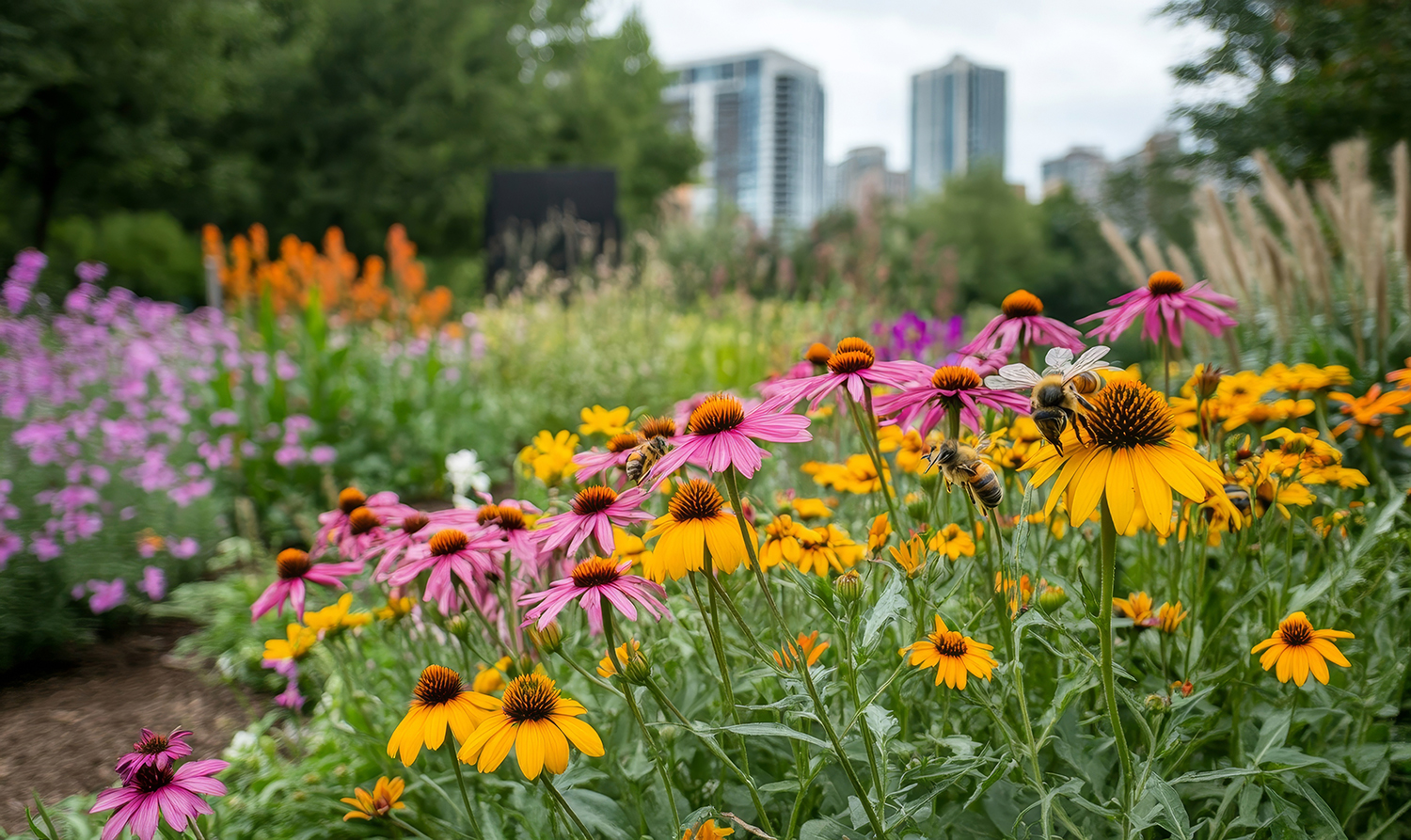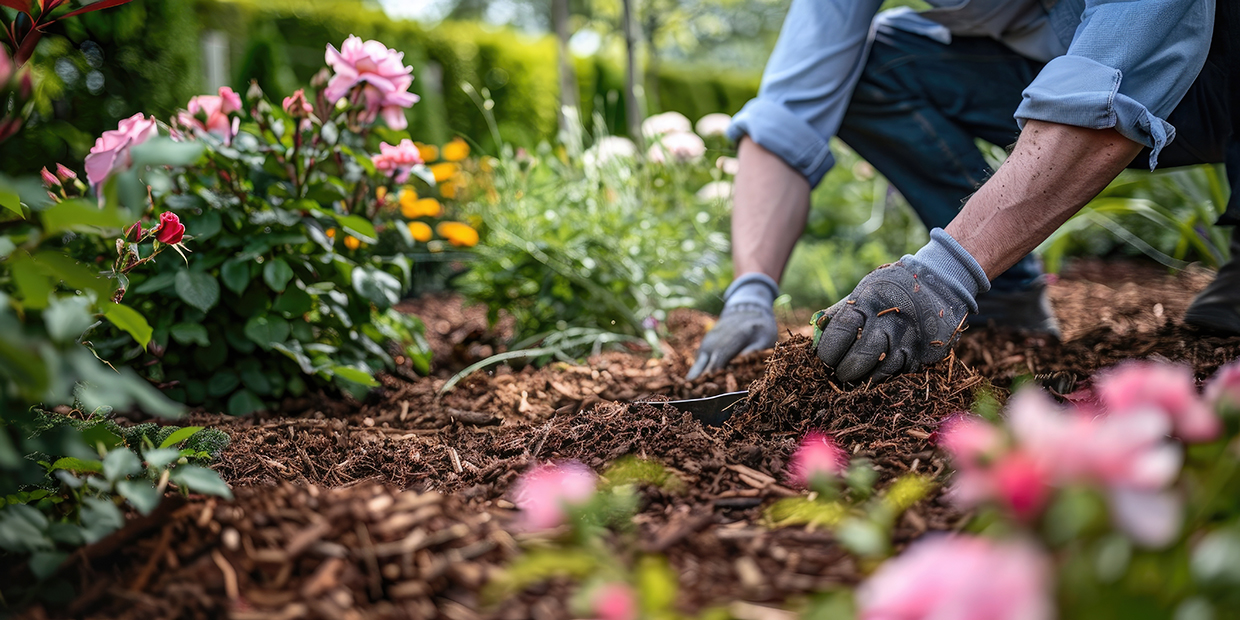In the early 1920s, a number of European farmers were so deeply concerned about signs of agricultural declines, such as soil infertility and loss of food quality, that they sought to find an alternative method of agriculture.
These farmers approached highly respected Austrian philosopher and scientist, Rudolf Steiner, for his advice. His response was given in a series of lectures that were to form the basis of the concept of biodynamics.
Biodynamics, or “biological-dynamics”, is perhaps the most controversial of any growing practice or philosophy, often disputed by scientists yet revered by those who follow it. It is set apart from other organic agriculture systems by its association with mystical or spiritual elements such as energy and life force.
Steiner believed that western civilisation would gradually bring destruction upon itself and the earth if it did not begin to develop an objective understanding of the spiritual world and its interrelationship with the physical world.
Biodynamic gardening starts with building truly healthy soil, which is the basis for all life. It also looks closely at how cosmic influences, such as the sun and moon, affect life here on Earth.
Much like the moon affects the tides, it affects the growing phases of planting and harvesting. Although this way of growing may seem unscientific today, gardening by the moon has been practised for thousands of years by our ancestors. Scientists have actually recently validated the practice, noting that plants respond to the same gravitational pull that affects tides.
Another distinguishing feature of biodynamic farming is the use of nine biodynamic preparations, described by Steiner as being for the purpose of enhancing soil quality and stimulating plant life. They are composed of fermented manure as well as minerals such as quartz crystals and herbs such as dandelion, chamomile and yarrow.

These preparations are applied in homoeopathic doses to compost, soil, or directly onto plants, after dilution and stirring procedures called dynamisations.
One such preparation called horn-manure is made from cow manure fermented in a cow horn that is buried in the soil for six months through autumn and winter and is used as a soil spray to stimulate root growth and humus formation.
While this may not be something you’ll be doing in your home garden (or let’s be honest, ever), these preparations can be bought ready-made and applied to your garden or compost.
Along with the myriad benefits of biodynamic farming, food raised this way is also nutritionally superior and has more flavour than foods produced by conventional methods.

How to apply biodynamic principles to your home garden
- Collect and save the seeds from your garden to reuse the following season.
- Use living organisms (from ducks to beneficial insects) to combat unwanted pests. You can encourage beneficial animals and insects by providing appropriate habitats and food sources. Leave some weeds in your garden as an alternate food source and shelter. Fill a large bowl with stones and water so small insects such as bees can drink without drowning.
- Follow a New Zealand biodynamic calendar, which contains a wealth of information about the various phases and rhythms of the moon, the influences of the planets and their relationships with the Earth, and what these all mean in relation to plant growth. It will give you a guide to optimal times for sowing, planting, harvesting and fertilising.
- Plant diversely. Crop mixing allows plants to support each other. If one plant depletes the soil of a certain nutrient, its neighbouring plant releases that same nutrient back into the soil.
- Rotate crops and use green manures/cover crops such as clover or buckwheat, which encourage healthy soil, control weeds, and reduce parasites.
- Create biodynamic compost by adding a biodynamic compost starter to your compost pile at regular intervals (every two weeks or so). This method of composting serves as a way to recycle animal manures and organic wastes, stabilise nitrogen, and build soil humus, which thus enhances soil health.
- Treat your garden as an integrated, living ecosystem where each activity affects everything else. This ecosystem will be made up of many interdependent elements such as plants, animals, people, and spirits. Biodynamic gardeners work to harmonise and nurture these elements in a holistic way that supports the vitality of the whole.







